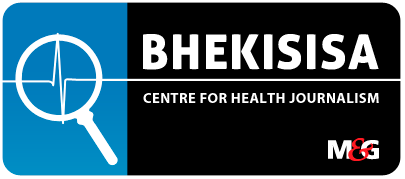
Top stories






More news















In the meantime, the government will seek to capitalise on private sector expertise, which currently serves about 9m South Africans, to help build the NHI, says Precious Matsoso, director general of the health department.
The NHI white paper, released in late June, envisages that under the new scheme the government will become the single largest purchaser of health services for all South Africans and that medical aid schemes will provide “complementary cover”. Although details are still emerging about the future role of private schemes, the idea is that a smaller number of medical aids, providing fewer options, will exist when the NHI comes into being.
Matsoso says the department will first have to ensure that all the country’s 83 private medical schemes are operating lawfully. In the meantime, it is working with private medical aids to reduce the number of benefit options on offer to members – to bring the services in line with the complementary cover principle.
Barry Childs is the chief executive at Insight Actuaries and Consultants. He argues that the way the law currently regulates benefit options, coupled with the large number of medical aid schemes in South Africa, makes the schemes unsustainable.
The Medical Schemes Act prevents medical aids from pooling funds between benefit options or other schemes, he says. In other words, each benefit option must sustain itself and this pushes up premiums, Childs argues.
Poorer South Africans have borne the brunt of premium increases. Research has found that middle-income households with medical aid spend about 20% of their household income on fund contributions, compared with the wealthiest households, which use about 7% of their income on monthly cover.
Childs says regulations contained in the Act are to blame: “There is no other way medical schemes could look, given the regulatory pathway we followed.”
The Medical Schemes Act is one of almost a dozen acts that must be amended to introduce the NHI. Prema says the Council for Medical Schemes aims to finalise all NHI-related legislation by 2020.
But for now, the health department will seek to work with – and learn from – private medical aids and administrators.
Matsoso explains: “Existing medical schemes and administrators look after millions of South Africans – that capacity does not yet exist in the public sector.
“The role of medical aids will only be changed when the NHI is fully matured. Only once we have tangible results to show South Africans will we decide how existing medical aids will change.”
But the private sector has been less than cooperative in the past, says Gavin Steel, chief executive of sector-wide procurement at the health department. Steel says the department struggled to find corporate partners to help to develop its electronic database of essential medicines in 2013. The system will now become the heartbeat of the NHI, he adds.
He explains: “We will soldier on. The question is whether the private sector has the appetite to partner with us – and can they keep up?”
Read the full article

This article was originally published by Bhekisisa, the Mail & Guardian’s Centre for Health Journalism. To read more
health stories from across Africa, go to bhekisisa.org